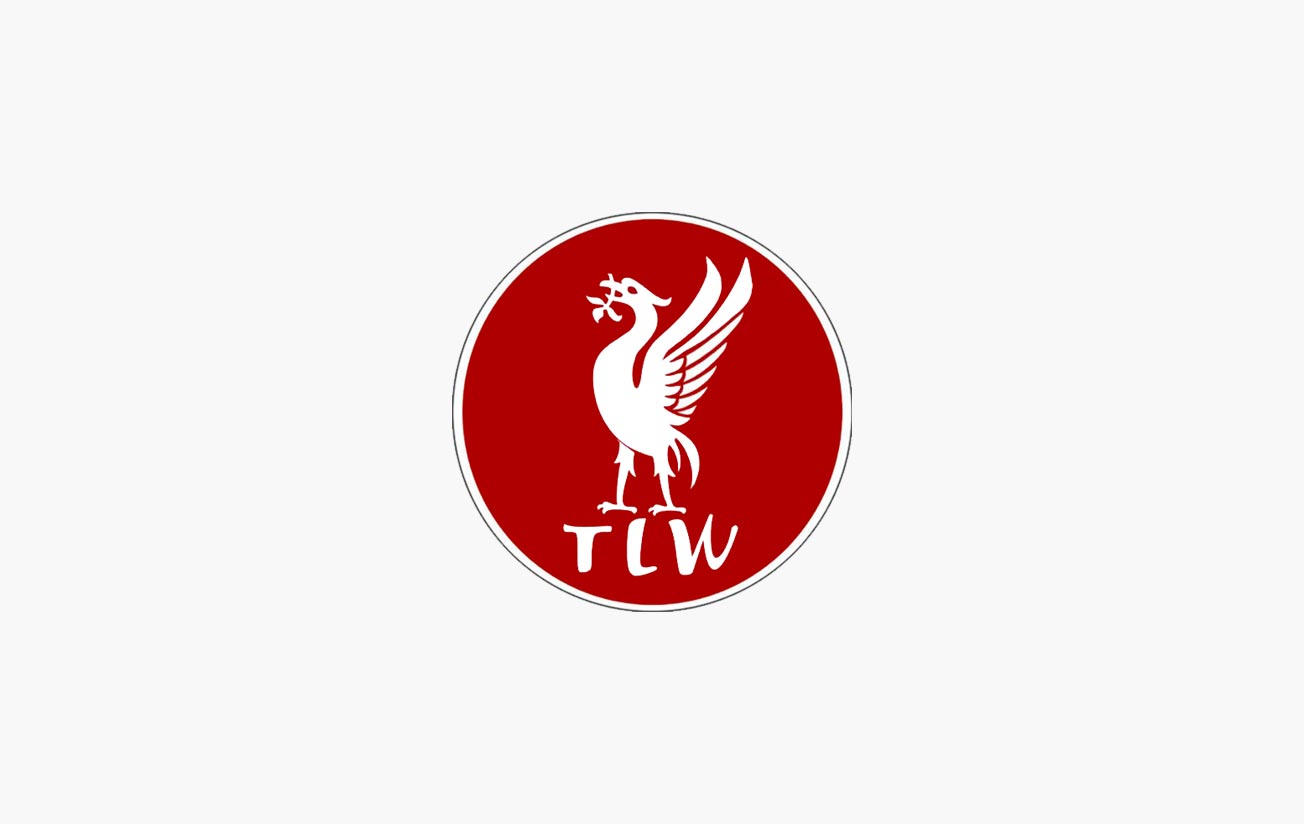Olly Ricketts argues that even today, success requires more than just money.
As Roger Domeneghetti argued in his excellent piece on the role of the manager in Late Tackle issue 2, the disparity between rich and poor in the game has never been greater.
The precise moment at which the Premier League-era made the final lurch into self-parody can be definitively pinpointed to a Sky Sports News story towards the end of the summer 2010 transfer window. At the time, Manchester City were publicly courting John Terry, whose lack of public denials made the pursuit seem likely to succeed. Sky Sports News therefore sent a reporter to Stamford Bridge to garner the opinions of supporters. They spoke to a middle aged Chelsea fan who, blissfully unaware that the noises in the background were caused by an entire nation’s irony detectors exploding simultaneously, proclaimed that “if he goes there, it just goes to show that football’s all about money these days”.
And yet, as vulgar and detached from reality as the modern game can seem, money has always flowed disproportionately throughout the sport. As long ago as the 1880s, Preston North End imported top players from Scotland, circumventing the rules against professionalism by finding them well-paid jobs in Preston. The result was that Preston North End were in a strong position when the Football Association permitted professional football players in July 1885, winning the inaugural football league championship in 1889. However, Preston were not the only professional club at this point, and it is worth noting that Preston’s manager William Sudell was seen as something of a tactical visionary of the time. Admittedly qualifying as a ‘tactical visionary’ at this point seemed to extend largely to having access to a blackboard, but this was still more advanced than their rivals.
Spending the most money has certainly not always guaranteed success. Alf Common famously became the subject of the first £1,000 transfer fee when he moved from Sunderland to Middlesbrough in 1905; Common helped stave off relegation in his first season, but silverware was conspicuous by its absence.
The intervening years have seen this pattern repeated: rarely has a club achieved success without significant financial outlay, but financial outlay without direction achieves little. Between 1947 and 1968, the likes of Notts County, Sunderland, Derby County and Sheffield Wednesday all broke the British transfer record without subsequently winning the league title.
Examining some of the most successful managers in the English game suggests that even the greats have had varying degrees of success when given large amounts of money to spend, and that it is often instead the manager’s personality, tactical ability or force of will that turns a promising side into a great one.
Bill Shankly, for example, produced two successful Liverpool sides without once getting close to breaking the transfer record, picking up the likes of Ian St.John, Ron Yeates and Emlyn Hughes for bargain basement prices. Indeed, Shankly had vehemently opposed the abolition of the maximum wage in 1961 and imposed an unofficial maximum wage for the club.
What Brian Clough achieved in winning three league titles, two league cups and two European Cups in spells with unfashionable Derby County and Nottingham Forest in the 1970s was little short of miraculous and, as Roger argues, seems unlikely to ever be repeated. However, once success had been achieved, Clough did actually spend big, with patchy results. Following Derby’s league title of 1971-72, Clough broke the British transfer record, spending £225,000 on Leicester’s David Nish. A year later, following a season of internal turmoil involving an infamous falling out with the Derby board, Clough left the club. Similarly, having built an exceptional Forest side remarkably quickly, Clough smashed the transfer record with the £1.18m signing of Trevor Francis. It seems churlish to describe a player that scored the winning goal in a European Cup final as a failure, but Francis certainly didn’t live up to expectations, partly due to Clough’s reluctance to play him as a striker. When Francis left Forest in 1981, Clough replaced him with the £1m Justin Fashanu, who scored just three goals during a deeply unhappy spell.
In terms of cult of personality, combustibility, as well as occasional lapses into classlessness, the modern equivalent of Clough is certainly Jose Mourinho. Because of Roman Abramovich’s bottomless pockets, Mourinho’s achievements in winning the title in his first two years at Chelsea are often derided. Certainly Mourinho spent unparalleled sums on the likes of Didier Drogba, Michael Essien and Ricardo Carvalho, but Chelsea’s success was based on the togetherness of the squad; a group of egos that nonetheless scrapped (and occasionally played) like Crazy Gang-era Wimbledon.
Once Mourinho and Abramovich’s relationship soured to the point of becoming untenable, the primary beneficiary of the fallout was Alex Ferguson. It seems bizarre to cast Manchester United in the role of cottage industry railing against the rich behemoth, given that Ferguson had previously been able to outspend his rivals whenever necessary, but after Mourinho’s consecutive titles Manchester United appeared to be a spent force. Although of course aided by Chelsea’s implosion, it can be argued that his rebuilding of his side to win the last three league titles represents Ferguson’s greatest achievement yet; the side itself is more obviously flawed than the Manchester United sides of the mid to late 1990s, but he has adapted his approach once again, and once again built a team that inherently knows how to win.
History undoubtedly suggests that Manchester City are far more likely to win silverware given their financial outlay. But even given the ever widening gap between rich and poor, success is not a fait accompli (there’s a reason that Graham Souness and Avram Grant don’t feature in this article); their success or failure will still be largely attributable to Roberto Mancini. For all the money that City have spent, Mancini’s ability (or lack thereof) to instil belief, confidence and organisation into his squad will be key. Arsene Wenger may claim that “at most a manager might make five per cent difference”; what he doesn’t say is that it’s arguably still the most important five per cent of all.
This article was originally published in Late Tackle issue 3… for more information, please visit latetacklemagazine.com.
I’m available for all types of writing work, wherever you are in the world. You can view examples of my copywriting and features, and you can also find out more about me here and on the homepage. Want to cut to the chase? You can contact me here or at the bottom of this page. I can also be found lurking on Twitter and LinkedIn.



